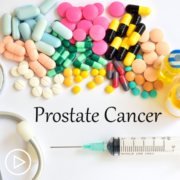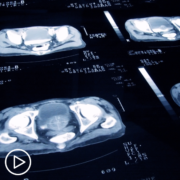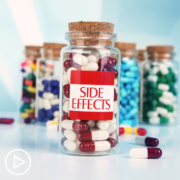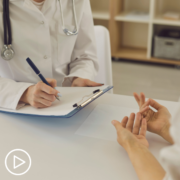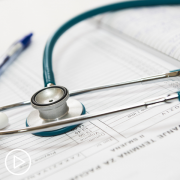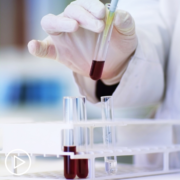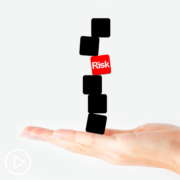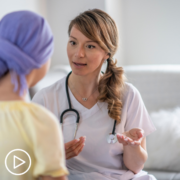Expert Perspective: COVID Vaccines and Treatment for Myeloma Patients
Expert Perspective: COVID Vaccines and Treatment for Myeloma Patients from Patient Empowerment Network on Vimeo.
Myeloma expert Dr. Irene Ghobrial shares an update on COVID vaccines, treatment, and advice for myeloma patients on how to help protect themselves from the virus.
Dr. Irene Ghobrial is Director of the Clinical Investigator Research Program at Dana-Farber Cancer Institute and Professor of Medicine at Harvard Medical School. Learn more about Dr. Ghobrial.
Related Programs:
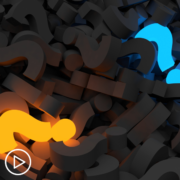
Understanding MGUS & Smoldering Myeloma: What’s the Difference? |
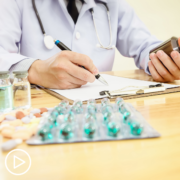
|
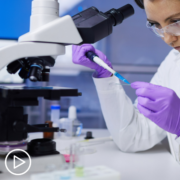
|
Transcript:
Katherine Banwell:
Many prominent doctors claim the COVID vaccines suppress the immune system. How can boosters be justified in an already immune deficient myeloma patient?
Dr. Irene Ghobrial:
Yes, so we think that protecting yourself and preventing COVID infections is so essential and so important.
Especially in a patient with myeloma and especially when you’re receiving therapy: daratumumab (Darzalex), bispecifics, CAR-T. We want to make sure everyone is protected from COVID infections, and they are real. They are serious, and they cause death in our patients. So, every step, not only getting the vaccine but also sometimes we give tixagevimab co-packaged with cilgavimab (Evusheld) to protect our patients and protect further problems and reinfection.
Katherine Banwell:
Remind us, what that is, the Evusheld?
Dr. Irene Ghobrial:
Oh. It’s an antibody to help us prevent the COVID infection, so as a prevention method rather than as a treatment method.
The other thing that we think of is the immune system is already altered in myeloma. It’s even altered or changed even as early as MGUS and smoldering myeloma. So, when we’re walking around and thinking, “Oh, I have only a benign design of MGUS,” that’s not true. The immune system has already started to change as early as MGUS, and in many of us as we get older.
So, we have to be more protective and we have to be more careful with our patients. But as we get to even myeloma, before we even treat it, before we use the drugs that kill plasma cells, good and bad plasma cells, which secrete antibodies that fight infections, we are already at risk for COVID infections.
And then our drugs, unfortunately, don’t only kill the malignant or the bad plasma cells, they also have a small side effect of killing also your normal plasma cells, and these are the ones that make antibodies to fight infections. So, you are at risk, and you have to be very protective and careful with yourself.


